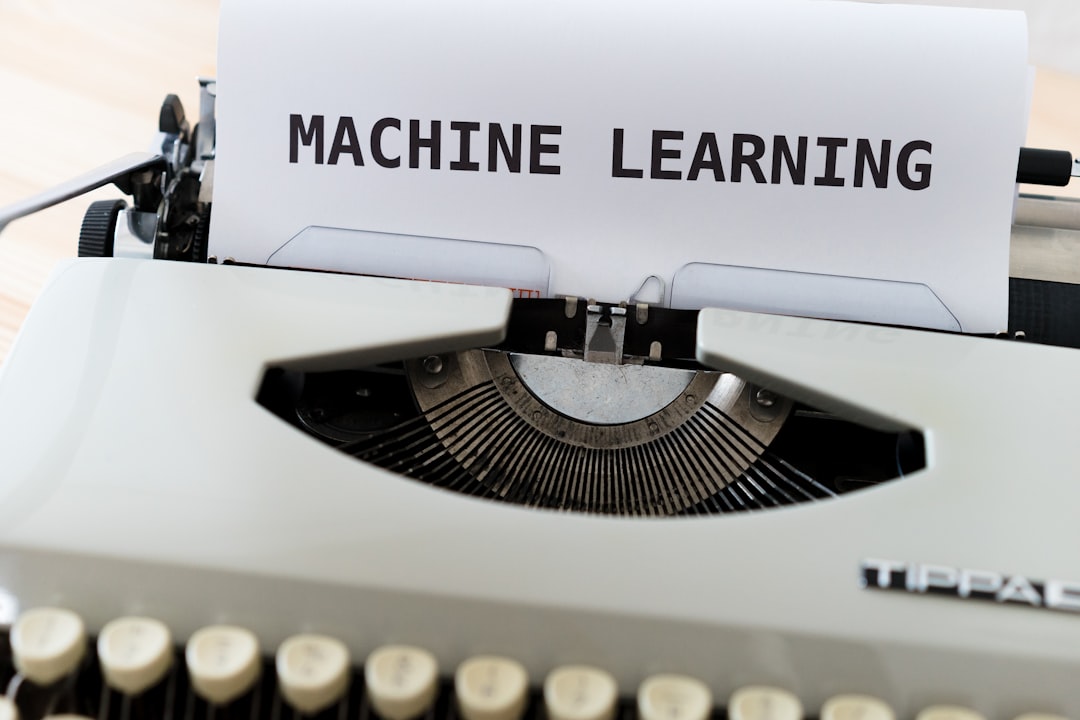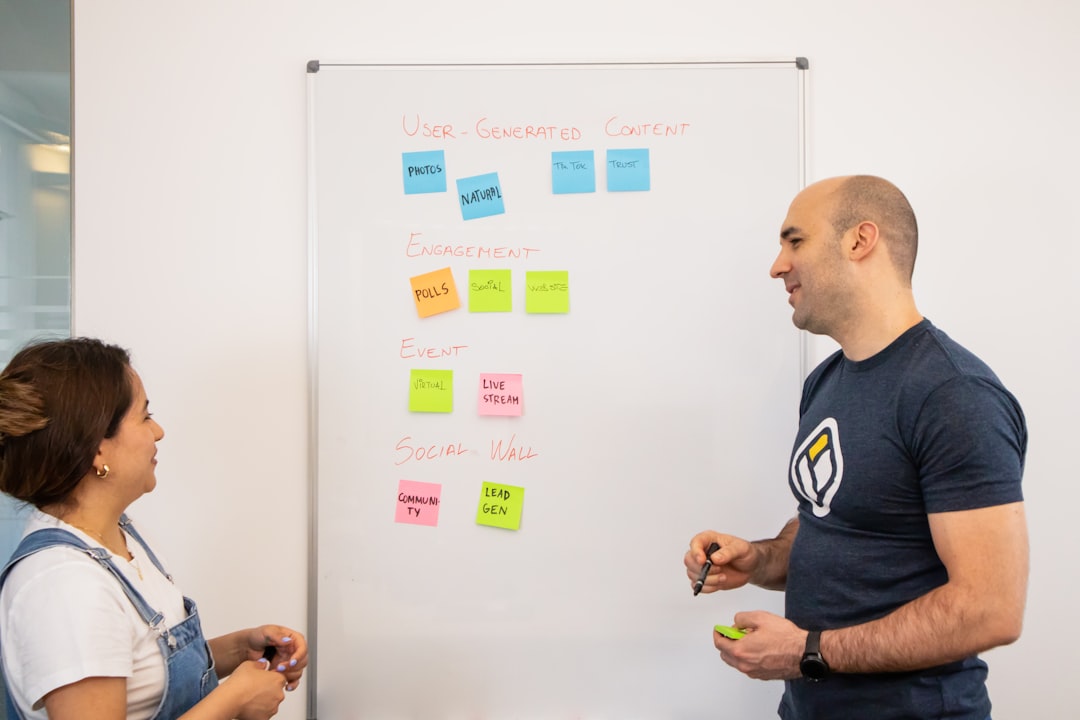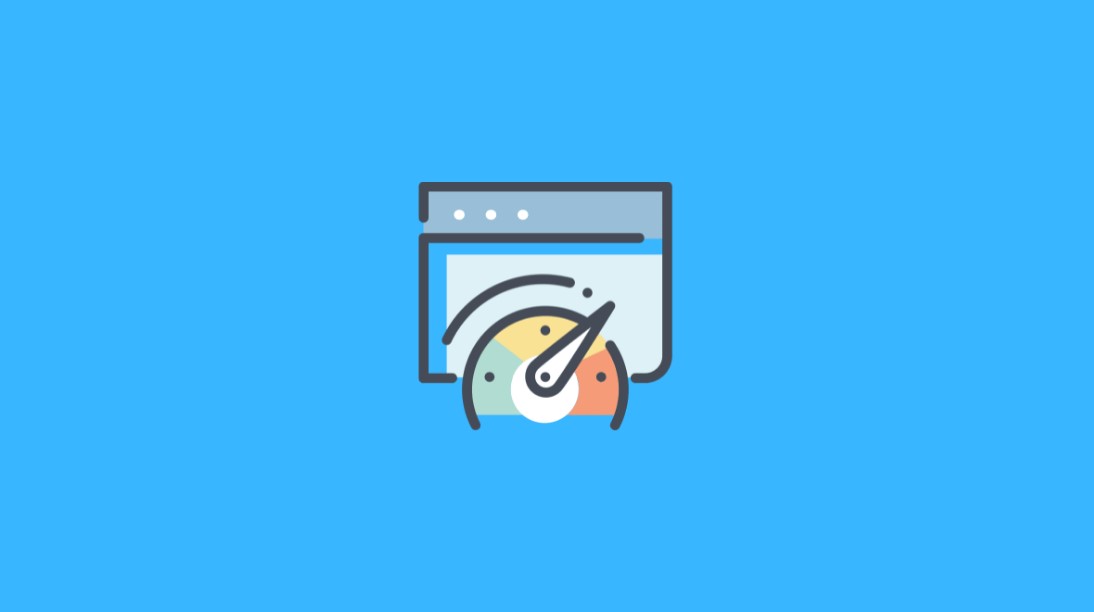Humans are naturally prone to cognitive biases. These mental shortcuts help us make sense of the world quickly, but they can also distort our understanding and limit our ability to learn. By consciously working to overcome personal biases and embracing a wider range of perspectives, individuals can significantly enhance their learning process, broaden their knowledge base, and develop a more nuanced understanding of complex subjects.
Biases influence how we process information, make decisions, and form judgments. For instance, confirmation bias leads us to seek out information that supports our existing beliefs while ignoring evidence that contradicts them. This can hinder learning by reinforcing outdated or incorrect viewpoints. Similarly, availability bias may cause us to give undue weight to information that is most recent or emotionally charged, rather than that which is most accurate or relevant.
Overcoming bias is a deliberate effort that involves self-awareness, critical thinking, and exposure to diverse perspectives. The first step is recognizing that bias exists in everyone. By becoming mindful of our own assumptions, we can begin to question them and open ourselves to new ideas.
Expanding your perspective means going beyond familiar sources of information and engaging with viewpoints that differ from your own. This might involve reading books by authors from different cultures, listening to podcasts that challenge your beliefs, or having open-minded conversations with people of different backgrounds.

Why Embracing Different Perspectives Matters
Learning is not just about collecting facts; it’s about making connections, solving problems, and understanding the world in deeper ways. When students, professionals, or lifelong learners expand their perspectives, they:
- Develop empathy and cultural understanding – Exposure to different viewpoints promotes tolerance and improves communication skills.
- Improve problem-solving skills – Diverse perspectives challenge assumptions, leading to more creative and effective solutions.
- Enhance critical thinking – When faced with multiple viewpoints, individuals are forced to evaluate evidence more carefully and think more rigorously.
- Strengthen adaptability – Embracing uncertainty and complexity helps learners become more flexible in the face of change.
In academic and professional environments, the ability to evaluate information objectively and approach problems from multiple angles is highly valued. Teams that include diverse voices often perform better because they are less likely to fall into groupthink and more likely to consider a wider range of solutions.

Strategies to Overcome Bias and Expand Perspective
There are practical steps anyone can take to minimize bias and expand their learning horizons:
- Engage in reflective thinking: Regular journaling or meditating on your thought processes helps you become more conscious of underlying assumptions.
- Seek diversity in learning materials: Read works from different cultures, ideologies, and disciplines to challenge and expand your awareness.
- Participate in meaningful dialogue: Conversations with people of differing opinions strengthen your capacity to understand complex issues from all sides.
- Practice humility and curiosity: Approach learning with the mindset that you don’t have all the answers – and that’s okay.
Overcoming bias isn’t about abandoning your beliefs but about testing them against a broader backdrop. By doing so, your understanding grows more robust, and your capacity to learn deepens significantly.
FAQ
Why is it important to overcome bias when learning?
Bias limits the accuracy and completeness of understanding. Overcoming bias helps ensure that learning is based on objective, broad, and reliable information.
What are some common cognitive biases that affect learning?
Common cognitive biases include:
- Confirmation bias: Favoring information that aligns with preconceived beliefs.
- Anchoring bias: Over-relying on the first piece of information encountered.
- Availability bias: Giving more weight to information that is most recent or emotionally striking.
How can I recognize my own biases?
Start by being open to feedback, practicing self-reflection, and questioning your initial reactions and decisions. Asking yourself why you believe something and whether you’ve considered alternatives is a key step in identifying bias.
Can expanding perspective help in career development?
Absolutely. Employers value critical thinkers who can analyze problems from multiple angles. Diverse perspectives also lead to more effective team collaboration and innovation – crucial skills in today’s global workforce.
In essence, the journey toward better learning begins with acknowledging one’s limitations. By overcoming bias and actively seeking new perspectives, individuals unlock their full potential to grow, reflect, and succeed in an ever-changing world.




